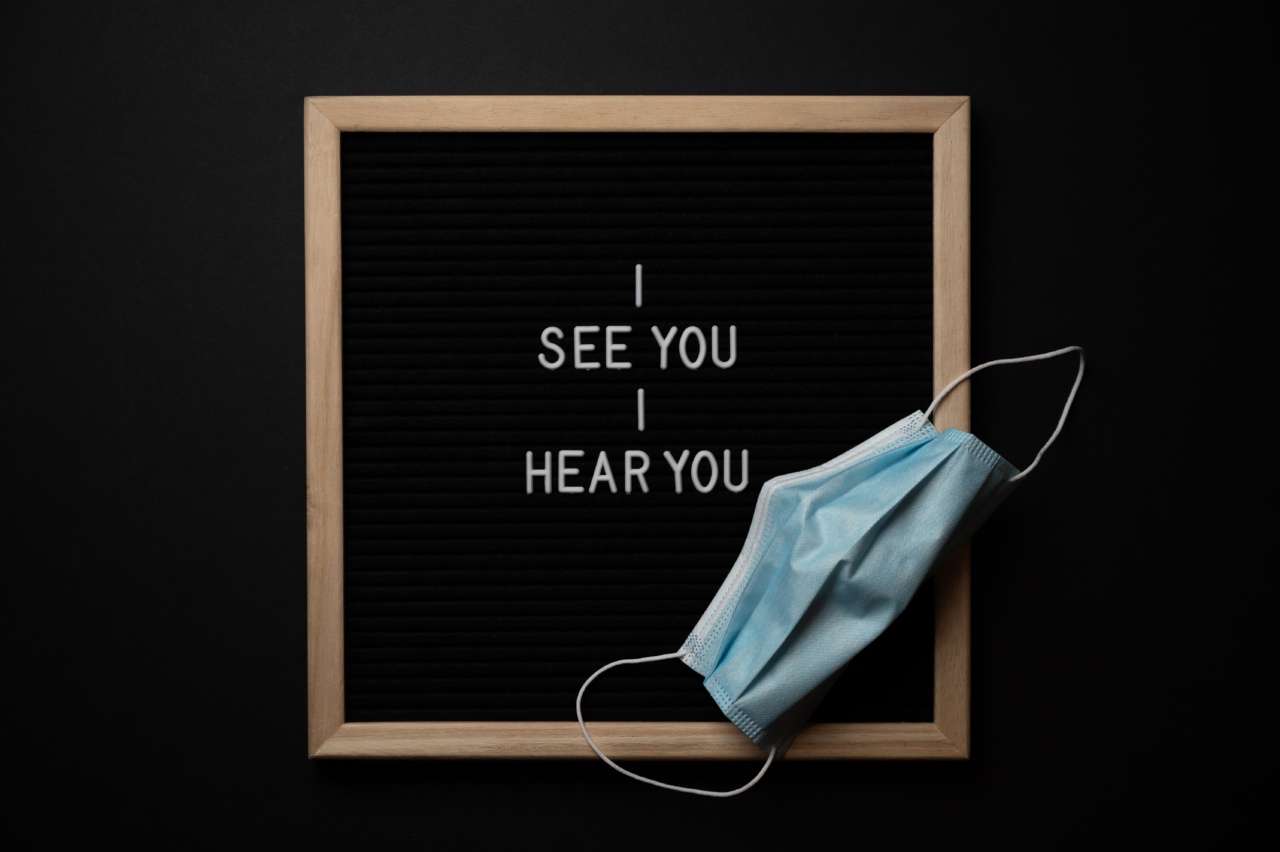Hearing loss is a common condition that affects millions of people worldwide. It can have a significant impact on an individual’s quality of life, making it more challenging to communicate and interact with others.
While hearing aids and other assistive devices are often used to manage hearing loss, medications are also sometimes prescribed to address underlying causes or alleviate symptoms. This article will explore the various medications used for treating hearing loss, their effectiveness, potential side effects, and other important considerations.
1. Diuretics
Diuretics are a class of medications that help reduce fluid retention in the body.
They are sometimes prescribed to treat Ménière’s disease, an inner ear disorder that can cause episodes of vertigo, fluctuating hearing loss, tinnitus, and a feeling of fullness or pressure in the ear. Diuretics work by decreasing the amount of fluid in the body, which can help alleviate these symptoms. However, they may not be effective for all individuals or may cause side effects such as increased urination, dehydration, or electrolyte imbalances.
2. Steroids
Steroids, specifically corticosteroids, are commonly used to reduce inflammation and suppress the immune system response.
In some cases of sudden sensorineural hearing loss (SSNHL), high-dose oral or intratympanic steroids may be prescribed to potentially restore hearing or prevent further deterioration. The exact mechanism by which steroids aid in SSNHL is not fully understood, but their anti-inflammatory properties are thought to play a role.
Side effects of steroids can include insomnia, increased appetite, weight gain, mood changes, and elevated blood pressure.
3. Antibiotics
Hearing loss can sometimes be caused by ear infections. In such cases, antibiotics may be prescribed to treat the underlying infection and prevent further damage to the ear.
Antibiotics can be effective in treating bacterial infections, such as otitis media (middle ear infection) or labyrinthitis. It is crucial to complete the full course of antibiotics as prescribed by a healthcare professional to ensure the infection is fully eradicated. Failure to do so may result in antibiotic resistance or recurring infections.
4. Antidepressants
While primarily used to treat depression and related mental health conditions, certain antidepressant medications have shown promising benefits in managing tinnitus, a condition characterized by ringing or buzzing in the ears.
Tricyclic antidepressants (TCAs) and selective serotonin reuptake inhibitors (SSRIs) may help reduce the intensity or perception of tinnitus in some individuals. However, it’s important to note that not all antidepressants have demonstrated efficacy for tinnitus management. Antidepressants can have various side effects, including drowsiness, dizziness, sexual dysfunction, and weight gain.
5. Medications for Noise-Induced Hearing Loss
Noise-induced hearing loss (NIHL) is caused by long-term exposure to excessive noise levels.
While there are no specific medications approved for the treatment of NIHL, research is ongoing to find drugs that can prevent or lessen the damage caused by noise exposure. Some medications, such as otoprotective agents, antioxidants, and glutamate blockers, have been studied in animal models but have not yet been proven effective in humans. As of now, prevention by avoiding excessive noise remains the best approach.
6. Vasodilators
Vasodilators are drugs that relax and widen blood vessels, improving blood flow. Some vasodilators have been evaluated as a potential treatment for certain types of hearing loss, including sudden sensorineural hearing loss and age-related hearing loss.
These medications aim to enhance blood circulation in the inner ear, potentially promoting better hearing. However, the clinical evidence regarding their effectiveness is limited, and further research is needed to establish their true benefits and possible side effects.
7. Medications for Ototoxicity
Ototoxicity refers to hearing loss or damage to the auditory system caused by certain medications. Some commonly prescribed drugs, such as certain antibiotics, chemotherapy drugs, and high doses of aspirin, can have ototoxic effects.
In cases where specific medications contribute to hearing loss, an alternative medication may be considered. It is essential to discuss the potential ototoxic effects of any prescribed medications with a healthcare professional, especially if you already have an existing hearing impairment.
8. Cognitive Enhancers
As we age, age-related cognitive decline can also impact our auditory processing abilities.
Some medications called cognitive enhancers or nootropics are used to improve cognitive function and may indirectly benefit individuals with age-related hearing loss. These medications aim to enhance memory, attention, and concentration.
However, their effectiveness in improving hearing or preventing further decline is not well-established, and they may have side effects such as insomnia, headaches, or gastrointestinal issues.
9. Side Effects and Interactions
It is crucial to be aware of potential side effects or drug interactions associated with any medication used for hearing loss. Some medications can interact with other drugs you may be taking, affecting their effectiveness or causing adverse reactions.
It is essential to inform your healthcare provider about all medications, supplements, or herbal remedies you are currently using to prevent any potential complications or conflicts. Additionally, carefully following the prescribed dosage and seeking immediate medical attention in case of adverse reactions is vital.
10. Consultation with a Healthcare Professional
If you are experiencing hearing loss or other related symptoms, it is essential to seek medical advice from a qualified healthcare professional.
They can assess your condition, determine the potential underlying causes, and recommend appropriate treatment options, which may include medications. Together with your healthcare provider, you can discuss the potential benefits, risks, and alternatives to medications, ensuring personalized and effective management of your hearing loss.






























